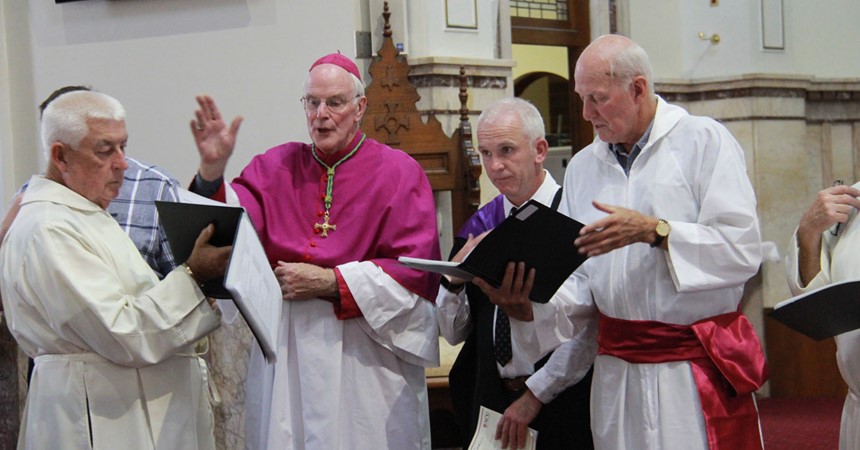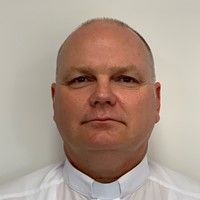These are the simple everyday relationships we have with each other, and that lie at the heart of all our institutions, be they marriage, a Catholic school or a Catholic parish. In these places, we have many relationships against the backdrop of an ultimate horizon. For Christians, this ultimate horizon is God. Thus, in Ignatian Spirituality terms, theology for leadership in mission is about finding God in all things, and specifically, finding God in the quality of relationships we have with one another.
Nothing is new in all this, of course. It’s just another way of saying connecting to what’s important to each of us, taking time to do this, is at the heart of Catholic theology. This is essentially a practical theology for enhancing our sense of community, of connection to ourselves, others, and ultimately, God. In a time when many of us wonder if we actually matter, if we are seen and valued by those with whom we work and live — if we’re good enough or strong enough or whatever enough — taking time to reflect on the connections in our lives can be deeply healing and reinvigorating.
With all this in mind, the units of reflective study in the Graduate Certificate in Mission and Culture seek to support a reflective space in which people of different faiths and none, might come together and connect with what is most important to them. This is a meditation on purpose and the processes that foster and support “humans becoming human” and flourishing.
This course presents Catholic belief and meaning in relation to ultimate existential meaning and purposes, always ultimately revealed in the shape of the relationships in each of our lives.
To find out more about the Graduate Certificate in Mission and Culture, running in June 2020 in partnership between the Diocese of Maitland-Newcastle and the Australian Catholic University, you are invited to attend an information session on 10 March 2020. Click here for details.




























































































